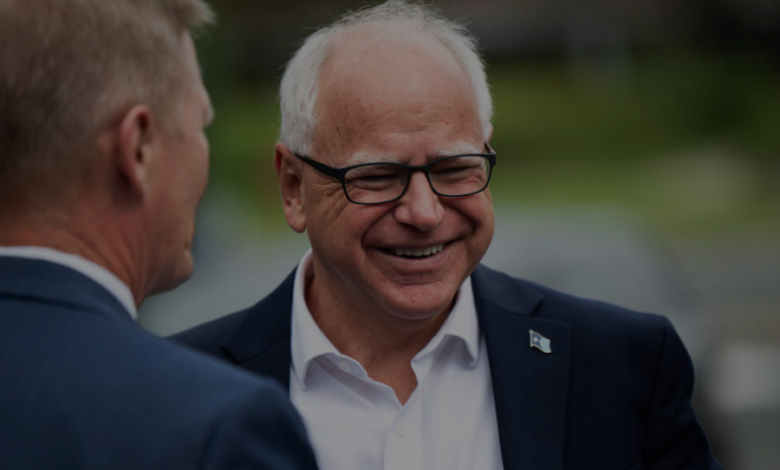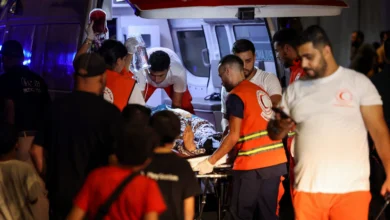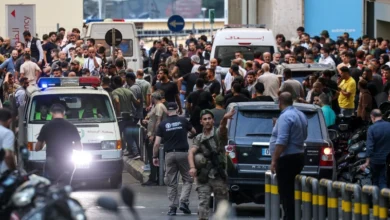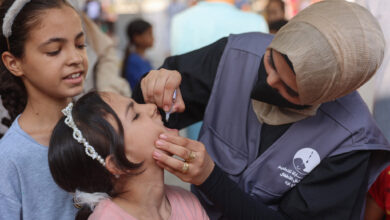Governor Tim Walz Faces Criticism for Refusing to Meet Palestinian Families

So, struggling in the ninth month of the continued Israeli attacks on the Gaza strip, Governor Tim Walz of Minnesota, who will soon join Kamala Harris as her partner on the ticket, is accused of not speaking with Palestinian MN families. These accusations contradict what the Democratic Party is trying to portray about Walz and Harris as compassionate people who are concerned with the plight of Palestinians in the last couple of months.
In March, Walz thanked the “uncommitted movement,” which appreciated the movement’s activities that forced Biden to address the cessation of the war in Gaza. “These are voters that are, deep down, very concerned as we all, without any doubt are about what is happening in Gaza. The situation there is unbearable,” Walz said at the Clipboard, having contributed his quote about the release of the song and the situation in Gaza. He stated that the state included the two-state solution and that he wanted to hear people as the election process approached.
Nevertheless, several activists in Minnesota alleged that while Mr. Walz speaks out such things, he does not meet Palestinian families that lost their loved ones in the conflict. Chapter leader and the education coordinator of the American Muslims for Palestine Minnesota, Sana Wazwaz, noted that the Palestinian community has been working for months to arrange a meeting with the governor to present their losses and request for an arms embargo against Israel.
A meeting was eventually set for the first week of July via CAIR, but it was called off before the meeting could be set. Wazwaz recalls when activists accompanied by relatives of the people who were killed in the Gaza Strip arrived at the governor’s office with the intent to protest on the 9th of July. They were initially referred to his staff for discussion.
The group said that this was not a time to review with the audience and probably the world the emotions that arise when families narrate stories of loss because it had been almost a year since the beginning of the war. After some time, the staffers told them that the meeting with the governor had been called off.
Some of the account excerpts include: Wazwaz fumed, saying, We said we want to talk about solutions; actual material ways of ending the problem; ending the horror; ending the genocide and one of them is divestment, saying, We said we want to talk about actually getting out of the material institutions that are part of the killing of our family.
As they asked the organizer’s official why the meeting was called off, they were told that although the governor was willing to listen to their stories, he was still waiting to discuss divestment. To support such discussion, it was apparent that another personnel was needed, the staff pointed out.
Wazwaz and others attributed such a move to mean that Governor Walz only wished to be photographed with the marginalized groups and organizations but ignored some of their policy agendas. “He just wanted to check it off the list that he met with another marginalized group that he’s been ignoring for months upon months,” Wazwaz added.
CAIR-MN’s executive director, Suleiman Adan, also supported Wazwaz and stated that the community attended this meeting to explain that they are still suffering and to encourage the governor to understand that the Palestinians, including those connected to Minnesota, are still suffering. He said the cancellation, particularly after the hours one had to wait for the meeting, was disappointing.
Neither the press office nor Governor Walz’s office provided a comment soon after they were contacted.




